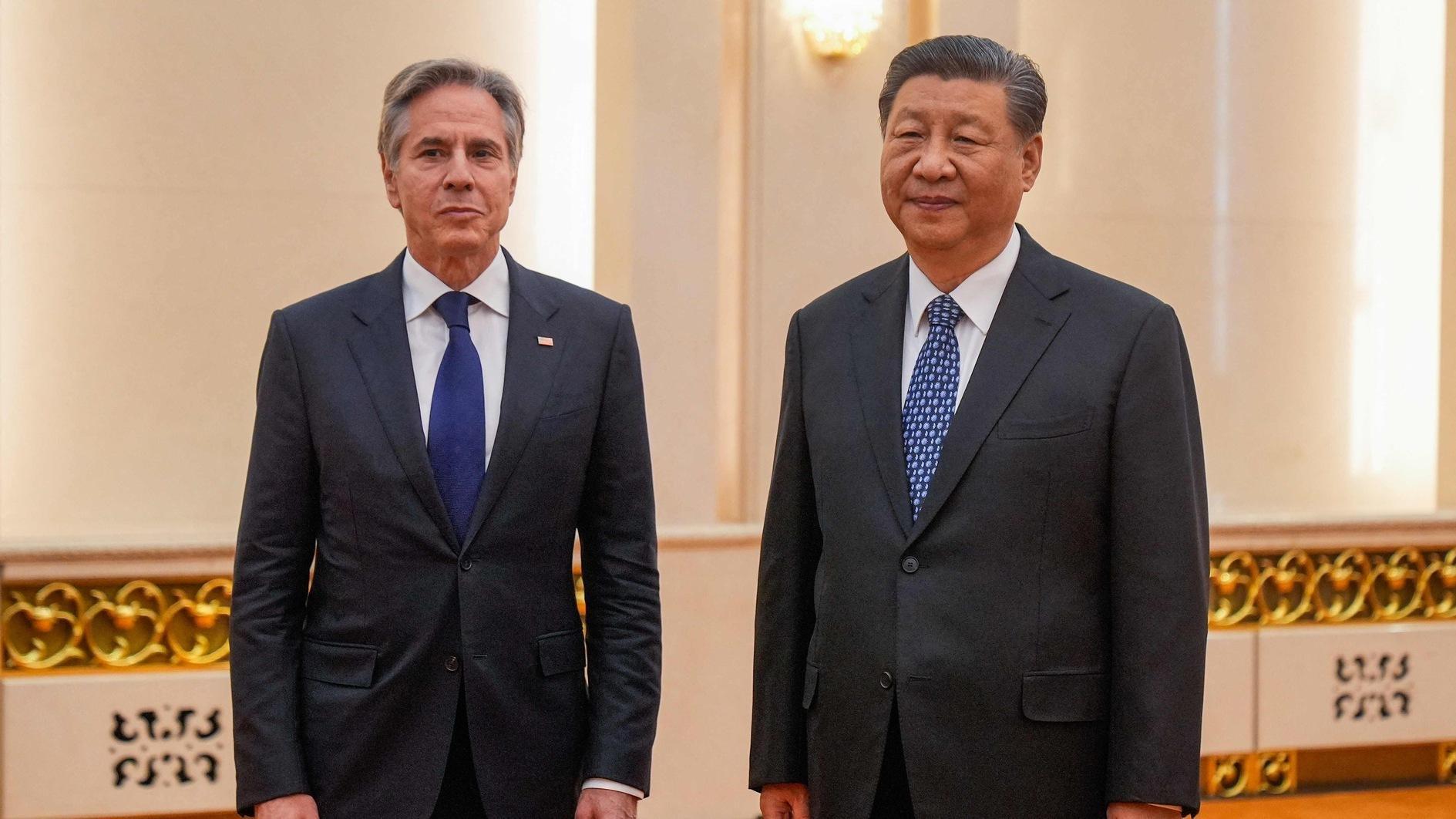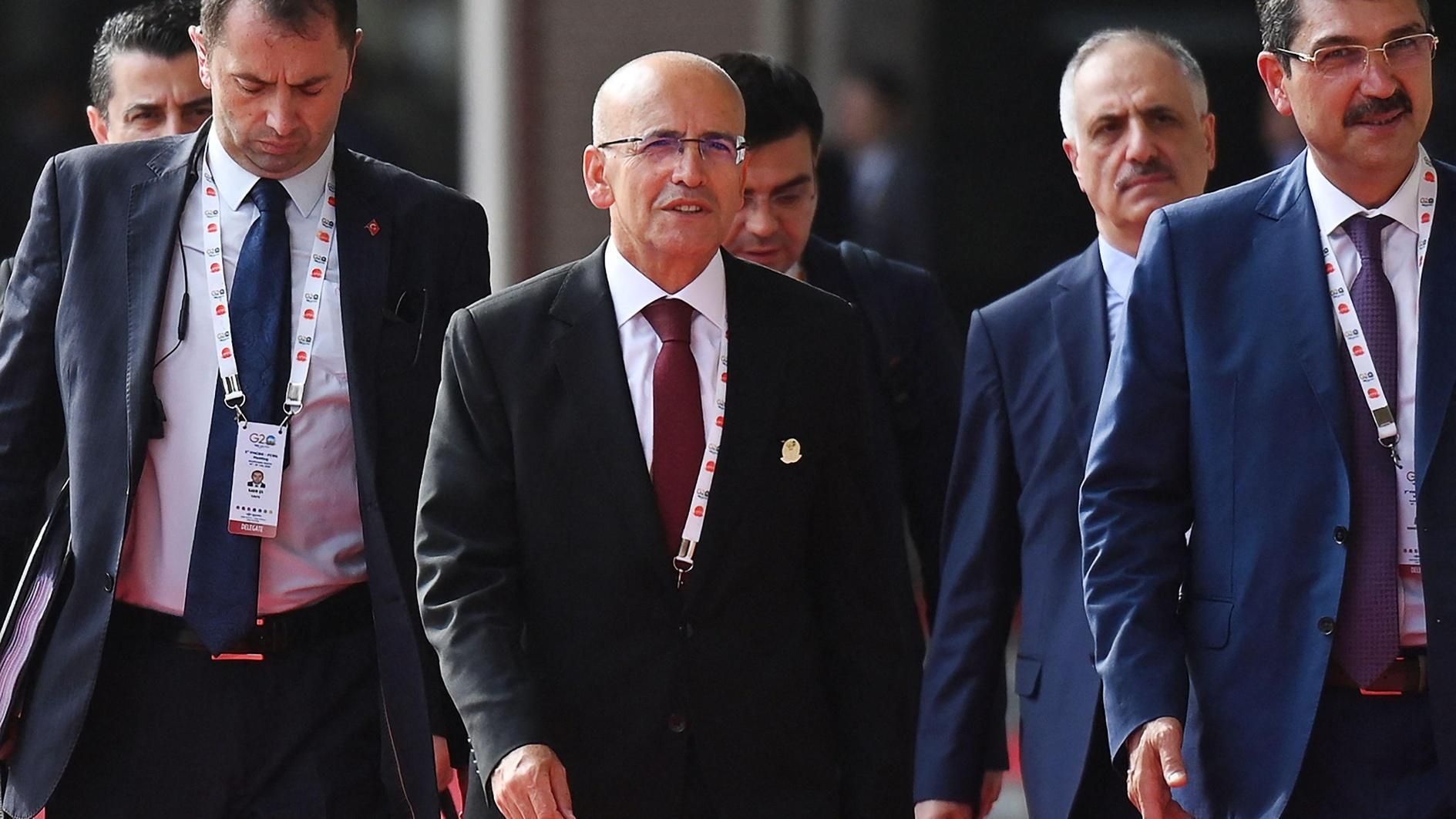Will Ankara cut links with the coup regime in Cairo?
Reverse the coup in Egypt and reinstate Mohamed Morsi to power. That is the message the Tayyip Erdoğan government has been giving to its counterparts, from U.N. Secretary General Ban Ki-moon to U.S. President Barack Obama, since the coup in Egypt that toppled the country’s first freely elected president Mohamed Morsi on July 3.
Actually, it is the Turkish government alone that does not accept the coup in Egypt and wants a rewind of the developments there. Erdoğan is deeply frustrated that neither the U.S. nor the European Union “acknowledges the coup as a coup,” as he said last week. However, his bigger frustration is that fellow Muslim countries like Saudi Arabia - and especially Qatar (having very close political and financial relations with the Erdoğan government) - were among the first to applaud the coup in Cairo.
Turkish newspapers wrote over the weekend that Foreign Minister Ahmet Davutoğlu had been on the phone up until the early hours of the morning for the last few days, busy calling his counterparts to lobby to reverse the coup in Egypt. One ranking official, who asked not to be named, told the HDN that what Ankara had been doing was “a matter of principles” and in order to promote democracy in the region the coup should have been rejected by Western governments first.
Erdoğan has been trying hard for his 11 years of power to minimize the role of the military in Turkish politics, after the country suffered three military coups in 1960, 1971, and 1980, and an intervention in 1997. There are ongoing court cases of groups accused of conspiring against the government, and many retired and on duty officers are in jail – still under arrest without conviction - including Erdoğan’s former Chief of Staff İlker Başbuğ. Antagonism against the concept of military interventionism is something Erdoğan wants to keep alive in domestic politics, and now in international politics as well.
It has such a crucial place in Erdoğan’s political line that, despite the fact that all four political parties in the Turkish Parliament immediately condemned the coup in Egypt and asked for an immediate return to civilian power, government members and pro-government media made it an issue over the weekend, hand picking the words of one MP from the main opposition Republican People’s Party (CHP), which were immediately slammed and rejected by the party leader Kemal Kılıçdaroğlu.
So, Erdoğan who offered a warm and brotherly welcome to the election of Morsi as president from the Muslim Brotherhood list, is also concerned that the acceptance of the coup d’etat in Egypt would send the wrong signals across Muslim countries. This could cause legalistic methods within political Islam to lose ground.
There is still no response to the calls by Erdoğan and Davutoğlu to world leaders, but a statement by the White House on July 8 saying that the U.S. was not “taking sides” between parties in Egypt was a bit discouraging. Ankara wants the world - the Western and the Arab world - to take the side of the elected-but-ousted president and his Muslim Brotherhood.
What if not? As one official responded on the phone, it would perhaps be “correct but not legitimate” for Ankara to establish no diplomatic contact with the military-led “interim” government, in other words the “coup regime” in Cairo? Or, perhaps a reduction in the level of diplomatic relations could be effected, which would mean that Turkey, having a claim in Middle Eastern politics, would have weak relations with Egypt, too, after Israel and Syria.
The answer is that despite those going for a “yes” within the ruling AK Parti, a “no” is not very likely. Keeping his rhetoric as strong as ever, losing the combat would not mean losing the battle for Erdoğan.
He is likely to keep pushing for the release of Morsi, for no restrictions on the Muslim Brotherhood, and for Egyptian elections to be held “as soon as possible.”











